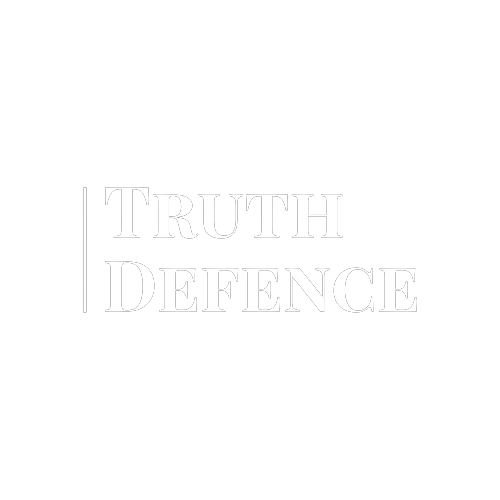But this fundamental democratic and public interest function of whistleblowing is under threat. Since 2010, both the US and UK governments have adopted increasingly reactionary and repressive measures in a bid to contain and deter whistleblowing, especially from within the military and security state. Both countries have been accused by UN officials of treatment amounting to torture.
Sadly it is not just the full force of the state or their employers that whistleblowers often have to contend with. This exclusive report lifts the lid on serious conflicts of interest within organisations that claim to support them, compounded by a troubling lack of transparency.
